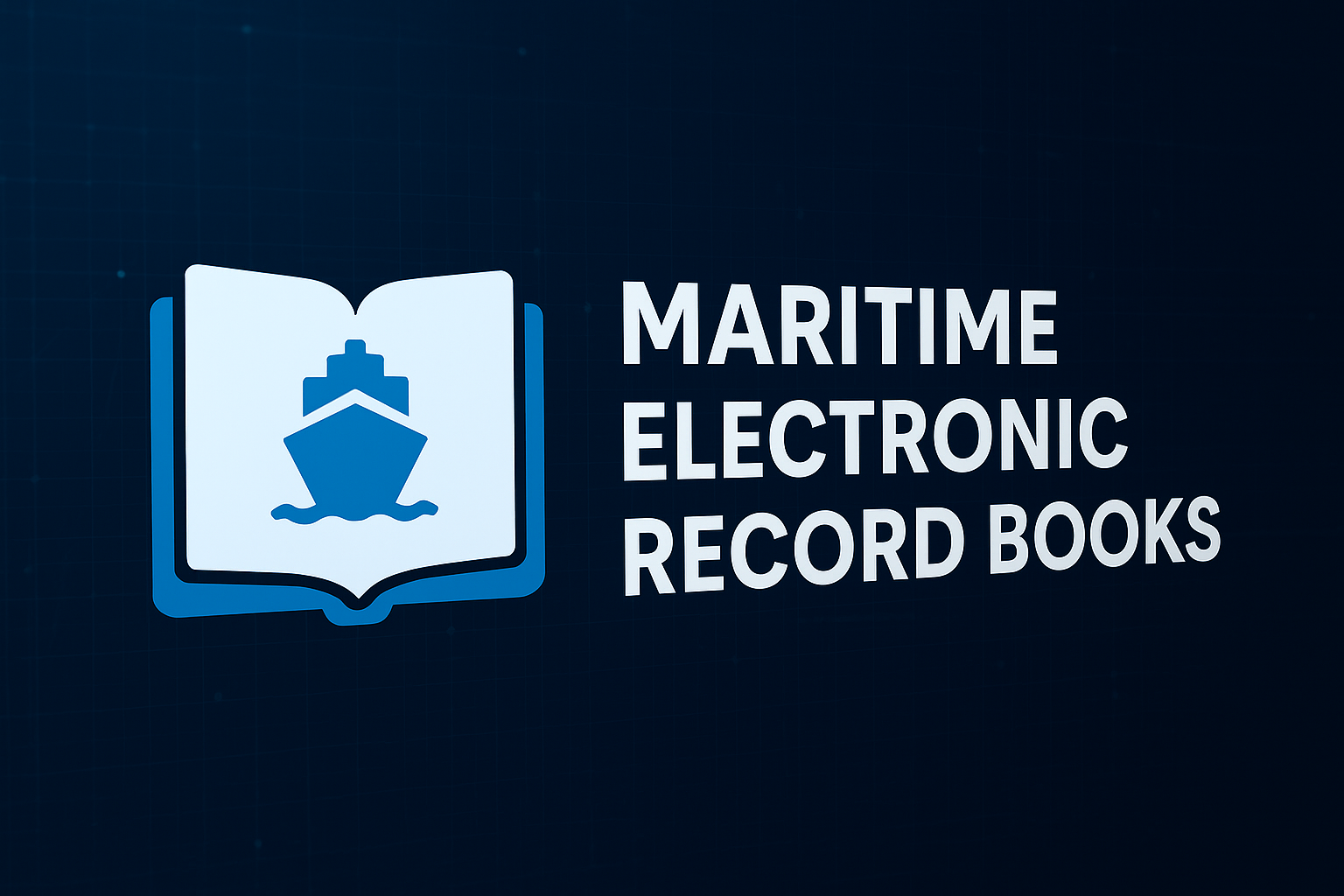New Requirements for Ballast Water Record Books (BWRBs)
Starting in 2025, the International Maritime Organization (IMO) will implement two resolutions introducing changes to ballast water record-keeping and electronic record book approval. These updates aim to streamline compliance with the Ballast Water Management (BWM) Convention and clarify record-keeping practices for ship operators.
Key Changes Effective 1 February 2025
From 1 February 2025, updated guidelines for ballast water (BW) record-keeping will come into effect, as outlined in Circular BWM.2/Circ.80. These updates are intended to simplify the process for ship crews and include:
- An updated example of a ballast water reporting form (Appendix II).
- A voluntary tank-by-tank logging form for ballast water operations.
- Guidance for logging operations under challenging water quality conditions (from Circular BWM.2/Circ.80/Rev.1).
Additionally, the BWM Convention’s Appendix II has been revised by Resolution MEPC.369(80), introducing a new BWRB format. As of February 2025, all vessels with an approved BWM plan will need to:
- Record ballast water operations using the updated codes (A to H) and item numbers specified in MEPC.369(80).
- Ensure the new BWRB format is used for all record-keeping in compliance with Circular BWM.2/Circ.80.
Crews should become familiar with these changes, as compliance will be required by both port state and flag administrations. Importantly, the BWRB format can be updated without necessitating amendments to the Ballast Water Management Plan (BWMP), meaning no re-approval of the BWMP is expected.
Key Changes Effective 1 October 2025
From 1 October 2025, the use of electronic ballast water record books (e-BWRBs) will become mandatory when replacing hard copy versions. Regulation B-2 of the BWM Convention now permits e-BWRBs, with guidelines for their implementation detailed in Resolution MEPC.372(80). This change includes:
- Approval of Electronic Record Books: Electronic BWRBs must meet IMO guidelines and receive approval.
- Ship-Specific Declarations: A declaration must be carried on board to confirm the installation of the electronic system complies with IMO standards. This declaration must be issued by the ship’s flag administration or an authorized body.
Some flag administrations have already approved early implementation of e-BWRBs, allowing ships to transition before October 2025.
Preparing for Compliance
Ship operators should take the following actions to meet the new requirements:
- Update Record Books: Ensure ballast water record books comply with the new requirements effective from 1 February 2025.
- Approve Electronic Systems: Verify that any electronic record-keeping system meets IMO guidelines and is approved by the relevant authority.
- Obtain Declarations: Acquire ship-specific declarations for electronic BWRBs by 1 October 2025 or earlier, depending on flag administration policies.
- Request Surveys: Schedule surveys to ensure compliance with the new electronic record-keeping requirements, if applicable.
Resources and References
For further information, the following IMO documents and guidelines are recommended:
- MEPC.369(80): Amendments to Appendix II of the BWM Convention (BWRB format).
- BWM.2/Circ.80: Guidance on ballast water record-keeping and reporting.
- MEPC.372(80): Guidelines for the use of electronic record books under the BWM Convention.
- MEPC.383(81): Amendments to Regulations A-1 and B-2 of the BWM Convention regarding electronic record books.

